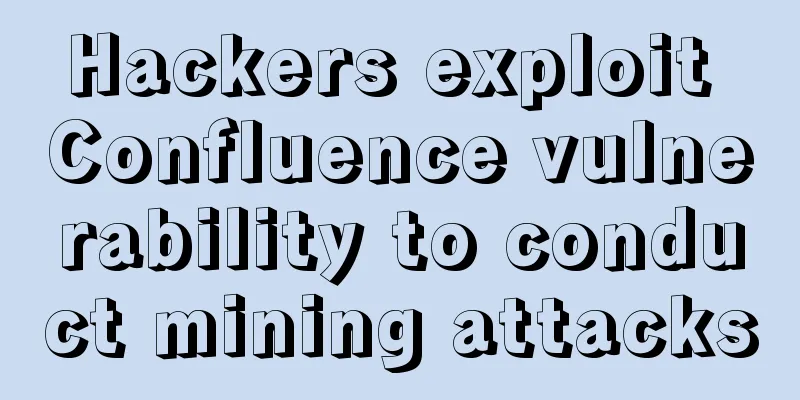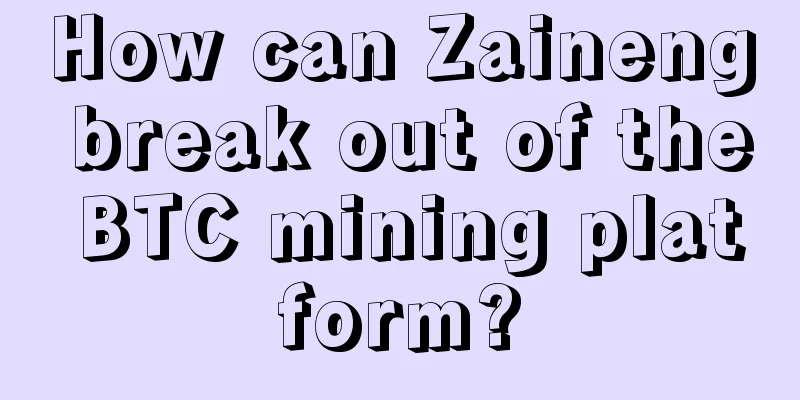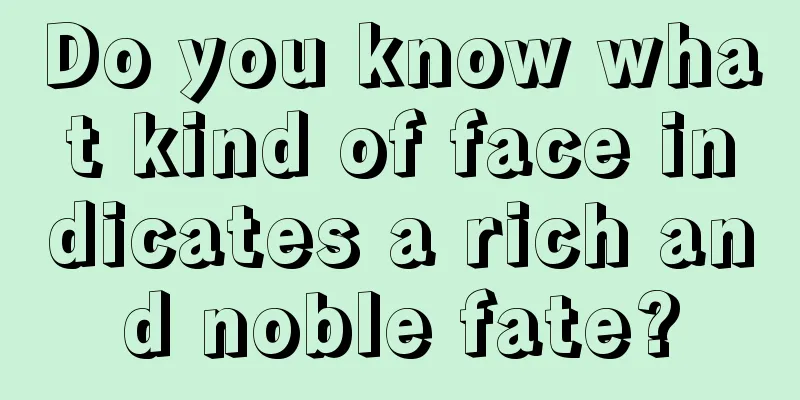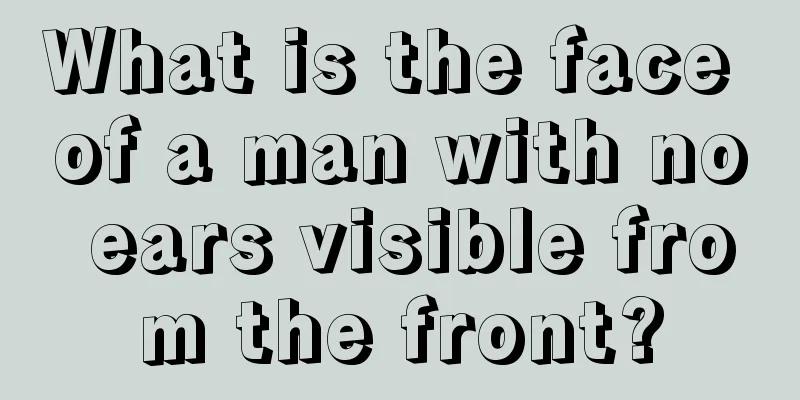Is blockchain a revolutionary technology or just another infrastructure support technology?

|
Bitcoin's main backers worry that the blockchain is too unwieldy to manage. Security experts suggest incorporating it into the PKI architecture they call the 21st century. What is blockchain? There has been a lot of discussion on this blog about the potential of blockchain as a hyper-distributed and ultra-secure global database. Don Tapscott, Alex Tapscott, and our own Dion Hinchcliffe have all seen blockchain as a revolutionary technology as the Internet itself, removing middlemen and brokers and providing unfettered but highly trusted storage and access to transactions. However, not everyone sees it as such a compelling entry. Integrate blockchain into infrastructure, constrained by legal and regulatory frameworks, or it may even become difficult to manipulate and therefore marginalized. Stefan Thomas, one of the main forces behind Bitcoin, has a new perspective in favor of consolidating the technology behind crypto. In a recent post, he said,
Since watching the progress of Ethereum, a blockchain-based smart contract and cryptocurrency platform open to all users, Thomas has become more skeptical. He believes that achieving "shared state" with a large developer and user base has proven to be problematic. In any protocol, everyone must take the same actions. Like Ethereum's blockchain platform, everyone thinks the same. Everyone's memory (also known as "state" in computer science terms) must be completely consistent and formed according to the same rules. Shared state adds huge complexity and has a big impact on developers: working with blockchains is painful. People who work in blockchains know what I'm talking about. Thomas explained that the reason the Internet and the World Wide Web were so successful was due to its stateless architecture. The focus should be on a "minimal protocol and simple data formats. Instead of blindly replacing centralization with blockchain, we should start by thinking about how to avoid centralization of these functions. We need to build stateless protocols that can incrementally improve the network in different corners of the system." He also said that from this perspective:
This is indeed to be rebuked. Technology vendors have embraced blockchain, including IBM, which has recently been testing and researching it in various ways. Whether or not it will disrupt computing remains to be seen, but it is likely to become another important tool useful to businesses seeking to build a stable, secure and well-behaved ecosystem. Luther Martin, distinguished technologist at HPE, said there are striking historical parallels between blockchain and public key infrastructure (PKI), which was created in the 1990s to provide trusted third parties for internet-based transactions, and has the same hopes and dreams associated with it. Martin recently shared his thoughts on why he calls blockchain the public key infrastructure of the 21st century. He said that blockchain is likely to follow the path of PKI and eventually integrate into the infrastructure architecture. There are many similarities between the agreed principles of PKI in the late 1990s and the blockchain we hear about today will be a revolutionary technology. Meanwhile, Martin continued, the weakness of blockchain is that it has not yet been tested in terms of regulatory and compliance requirements. In the early days, many legal and regulatory issues must be sorted out in relation to PKI. We may see a similar result for many in-depth investigations into blockchain technology. For example, many hospitals are reluctant to digitally sign some documents because the HIPAA-mandated code may need to be manually modified, and these corrections would destroy the digital signature. Recording real estate transactions on a blockchain public ledger is not allowed in some countries because these transactions are considered private. Still, after years of working through legal issues, PKI is ubiquitous, supporting secure connections to most of the world's e-commerce encrypted Web servers. It's now an essential part of how the Internet works, Martin said. But it also ultimately hasn't become the important technology its backers once thought it would be. |
>>: US telecom giant Verizon applies for blockchain cryptographic patent
Recommend
What does a sunken forehead on a woman indicate?
Most people have flat or full and round foreheads...
Blockchain technology is still heating up. In addition to being rich, OKCoin wants to do more exploration
Since the second half of last year, the concept o...
From JPMorgan Chase, IBM to Walmart, blockchain is no longer exclusive to Bitcoin
Blockchain — the shared record-keeping technology...
Facial features of a good old man
Facial features of a good old man Thick hairline ...
Which hand should be read in men's palmistry? How should men's palmistry be read?
Generally, we can follow the principle that men l...
Is it true that men with moles on their backs are more likely to have virtuous wives and filial children?
Is it good for a man to have a mole on his back? ...
Analysis of several facial features of people who survived a disaster
A person's life trajectory will be reflected ...
2016 First World Blockchain Conference: Blockchain is praised by Chinese government leaders, Bitcoin shines
The Chinese government is seeing the potential of...
Counting Dogecoin's five epic surges
Dogecoin, a popular community-active cryptocurren...
What are the characteristics of a person who will become a great man?
The face also has an impact on our achievements. ...
What are the characteristics of a woman with a rough fate?
If a woman has a rough fate, then such women ofte...
Smart Token Chain (STC) announced the launch of a blockchain system exchange that integrates all blockchain technology solutions
Smart Token Chain (STC) has announced the launch ...
How to read the face and interpret the love fortune
The state of our love fortune will be reflected i...
Do women with droopy eyes have bad luck in marriage and wealth? Do they have bad temper?
A person's character can determine his whole ...
Quickly understand whether women with gentle eyes and clear black and white eyes can bring good luck to their husbands
Good temper Nowadays people are under a lot of pr...









